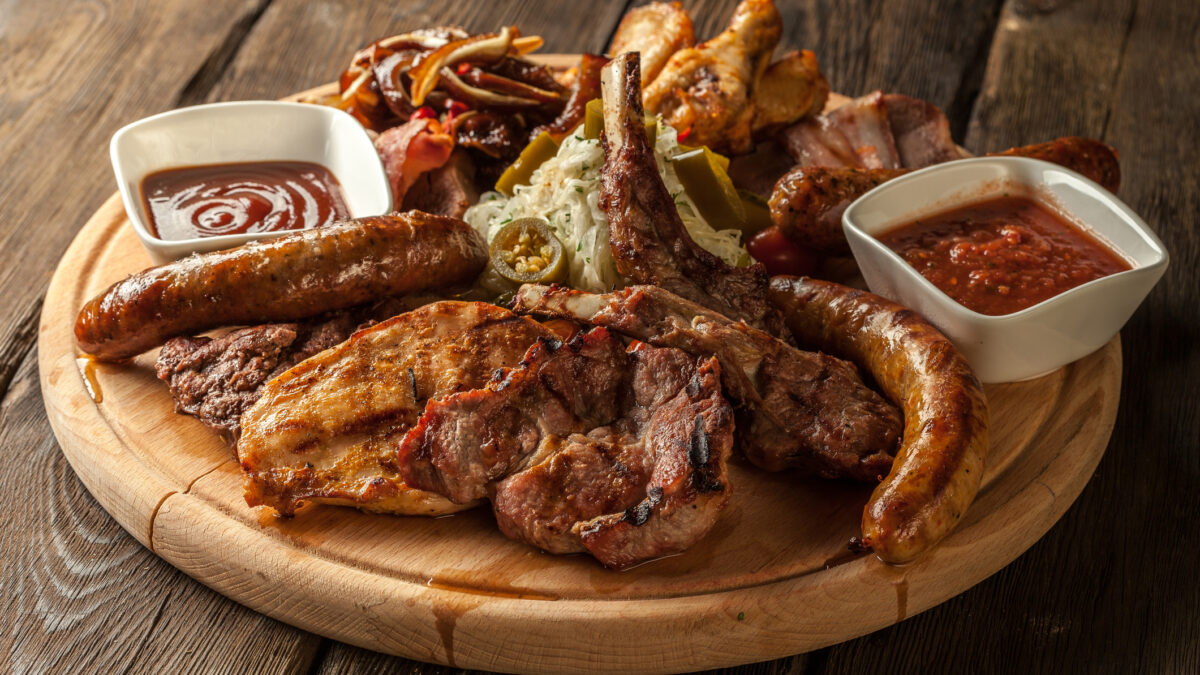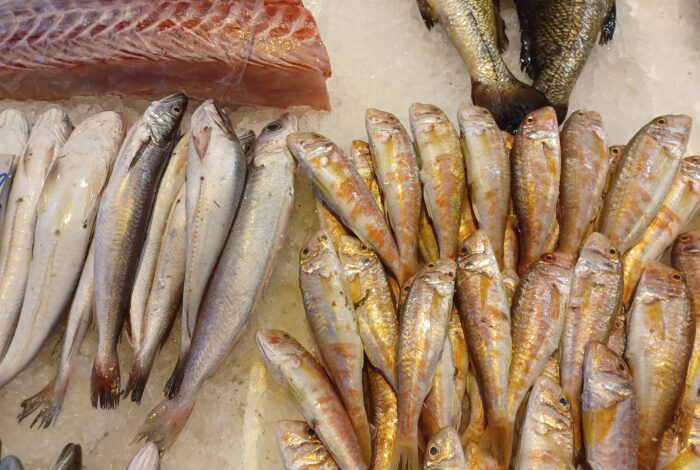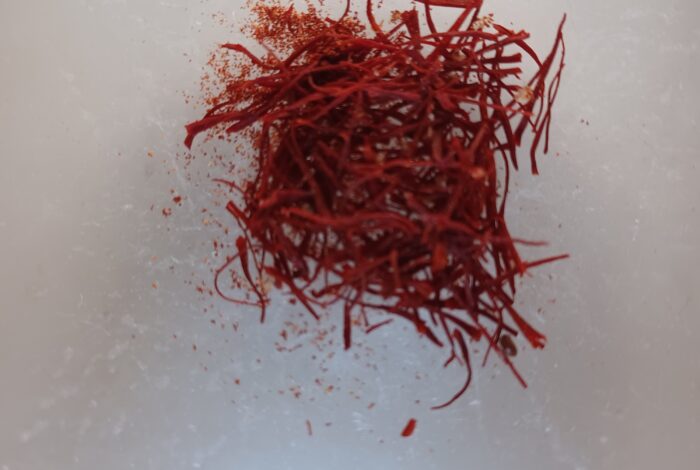Tsiknopempti is one of the most beloved and distinctive days in Greek carnival tradition. Celebrated on the Thursday before Clean Monday, it marks the lead-up to Sarakosti and is considered the last day on which the faithful are allowed to consume meat before Lent begins. This day is associated with celebration, food, revelry, and playful antics within the spirit of Carnival and masquerading.
As a tradition, Tsiknopempti has its roots in the preparations for the upcoming fast. In the Orthodox Church, the “Sarakosti” is an extended period of strict fasting, during which the faithful abstain from meat, dairy and other animal products for over 40 days. As such, Tsiknopempti becomes a “final celebration” when people indulge – often excessively – in meat and rich meals before the abstention begins.
The name “Tsiknopempti” comes from the word “tsikna,” meaning the smell of grilled meat, which fills homes and the air across Greece on that day. Grills are set up just about everywhere: in yards, on balconies, even in the streets. Generosity is abundant, with treats offered to passers-by, and joy shared by all.
Grills are piled high with skewers, lamb chops, sausages, steaks, meatballs, and every kind of meat delicacy. The meat is served with salads, pies, potatoes and plenty of wine, further bolstering the festive mood. Traditionally, hosts overcook the meat slightly to intensify the aroma, ensuring it becomes properly tsiknismeno.
The celebration is so widespread that for the evening of Tsiknopempti, tavernas, restaurants, and even fast-food places serving meat are fully booked days in advance. Those who haven’t planned ahead are unlikely to find a table.
As with many traditions in Greek culture, Tsiknopempti is not just a day for eating meat. It is also a day to honour tradition, a reason to gather around a table with loved ones. It is another day of communal joy, when a religious tradition is transformed into a festival and an opportunity to enjoy good food in good company!










